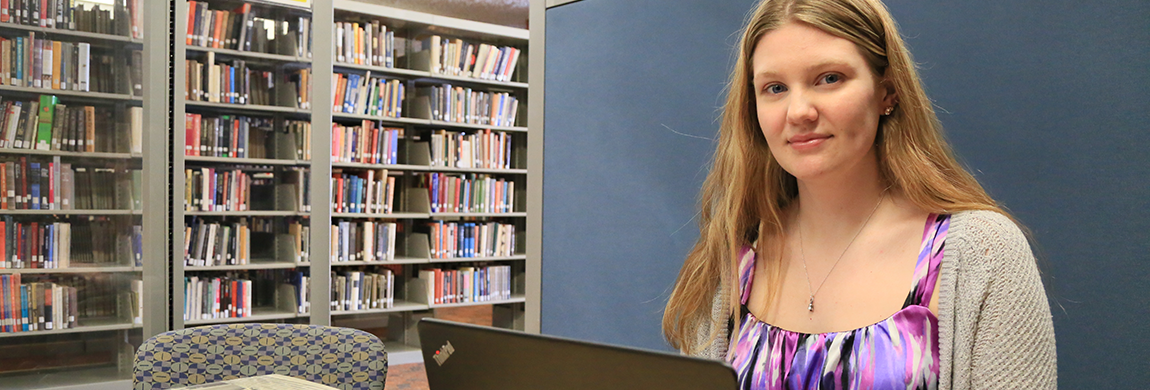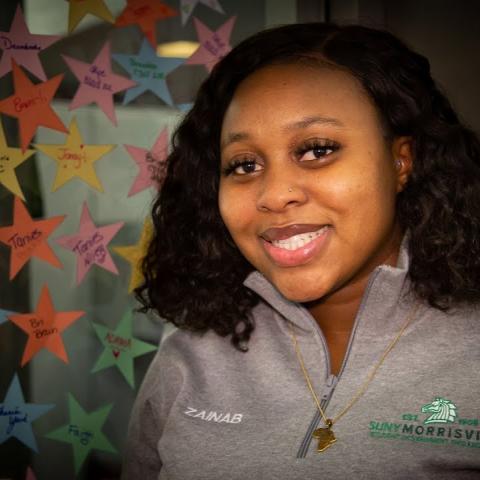Master mind and behavior.
The SUNY Morrisville applied psychology Bachelor of Science (B.S.) degree program provides you with immediately applicable skills that will be useful across a broad range of careers and life situations.
Why SUNY Morrisville Applied Psychology?
Our unique applied psychology program focuses on preparing you for both a successful career at the bachelor’s degree level and for graduate school by providing a true hands-on learning experience. You will learn how current psychological theories apply to practical concerns in the human services field, interpersonal relationships, societal challenges and general problem solving.
Select from courses in topics such as human development, industrial/organizational psychology, social psychology, psychology of personality, psychology of gender, abnormal psychology, research methods and statistics.
Instead of a classroom, during your last semester you will be working full-time in your field of interest to gain invaluable real-world skills and experience. The program allows you to complete up to 600 internship hours, ensuring you are well-suited for immediate employment in nonlicensed entry-level human services positions, as well as an attractive candidate to graduate programs.
More than 70 percent of our students are employed in the field by the time they graduate, and many have also gone on to successfully complete graduate programs in related areas of study including social work, mental health counseling, school counseling and school psychology.
Skills You Will Gain
Upon program completion, you will be able to:
- Analyze real-world situations in terms of relevant psychological theories and predict likely results from potential interventions
- Show basic understanding of the methods social scientists use to understand the world, including correlations and experiments
- Perform basic statistical procedures and interpret the results
- Demonstrate professional writing ability, including skills in various formats such as memos, technical papers and note-taking
- Demonstrate basic quantitative literacy, including use and critical analysis of statistical concepts as supporting arguments and meaningful choice of visual aids such as graphs, tables, charts and figures
- Demonstrate an understanding of different cultures and subcultures, and how cultural standards and norms influence behaviors
What Can I Do in Applied Psychology?
According to the United States Bureau of Labor Statistics, employment of social and human services is projected to grow much faster than the average for all occupations. The list below includes the top 10 job titles you will be prepared for when graduating from this program:
- Case worker
- Care coordinator
- Residential program manager
- Teacher’s aid
- Youth advocate
- Domestic violence advocate
- Child abuse investigator
- Program coordinator
- Family support specialist
- Veteran coordinator
Request Information
Connect with us to receive emails, text messages, and more about becoming a Mustang!
* Indicates required field.



